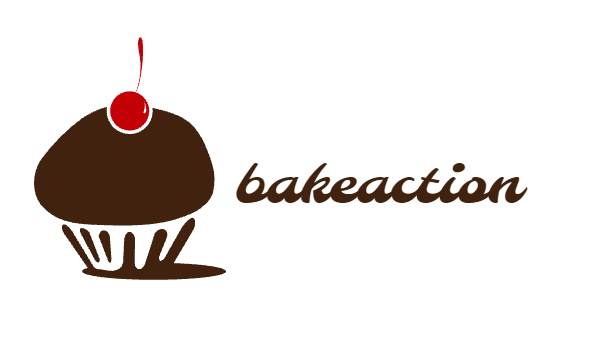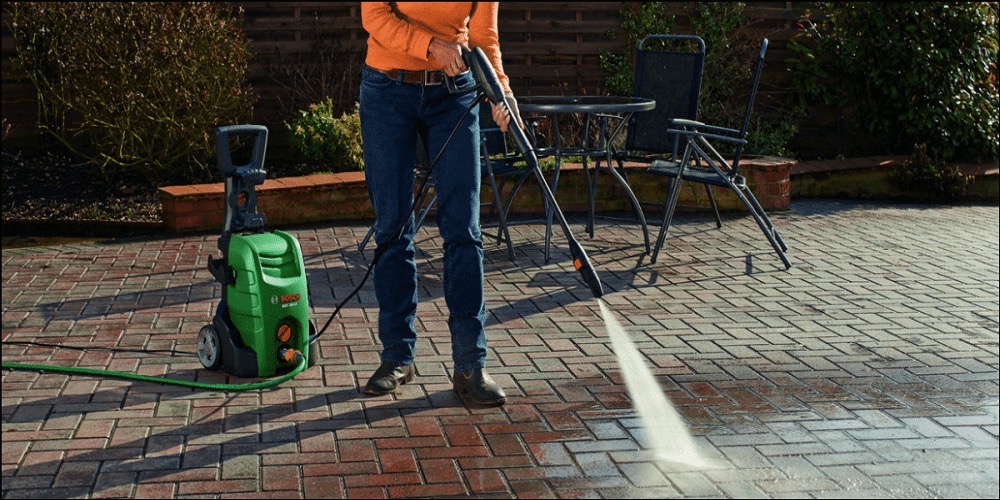Pressure washers are among the most popular cleaning appliances. These multi-purpose cleaning tools may be used to clean everything from outside paneling to delicate interior tile work resulting in a lot of wear and tear over time. Unless you try to keep it in good working order, your pressure washer may eventually suffer from major harm. Although the maintenance methods for pressure washers may alter depending on each model, the principle remains the same.
Engine Maintenance for Gasoline-Powered Pressure Washers
Maintaining the engine of a gasoline-powered pressure washer will allow it to function more efficiently and for a longer period. You should also detach the spark plug wire and put it at a safer place. Work under a tarp in a well-ventilated area.
Step 1: Engine oil should be changed.
Empty the oil into an oil drain pan while it is still warm. Fill the reservoir with the specified oil and avoid overfilling the container. For disposal instructions, contact your local recycle center.
Step 2: Examine the Spark Plug
Examine the spark plug for damage. In the next step, you should clean plug prior to detach it in order to avoid grime to pass onto the engine. If you notice cracks or if the electrodes appear scorched or pitted, remove the plug, and replace it with a new plug.
Step 3: Maintain the Air Filter
Examine the air filter. You should also have a form filter that should be cleaned as per the direction provided in the machine manual. If your machine has a paper filter, change it if it is unclear.
Step 4: Keep the Fuel System Running
Follow the gasoline and fuel additive instructions provided by the pressure washer manufacturer. Do not use the fuel that has aged 30 days. Gas purchased at the pump degrades over time and can cause corrosion and varnish buildup in the engine and fuel system.
Your owner's manual may advise you to use a fuel stabilizer to avoid engine rust and keep gasoline fresh.
When Should You Change Your Pump Oil?
Some pressure washer pumps are factory sealed, and the pump oil cannot be changed. In practice, 95 percent of power washers require no pump maintenance. This information will be provided in your manual.
Other Pressure Washer Engine Maintenance
For better operations, you should clear the obstruction from nozzle or tip. Check the nozzle ensure it is securely in place. Never clog the nozzle with trash, dirt, or anything else.
For ensuring there is no leakage, you should also replace O-rings between different connectors. Examine O-rings at high-pressure hose’s end for any indication related to damage. Compromised O-rings can lead to major problems such as leaks and even harm while in use. You should prevent using the gas-based washer in enclosed spaces.
Bottom Line
The lifespan of your pressure cleaner is determined by its kind, frequency of usage, and maintenance. Only use authorized replacement parts when replacing damaged components. The increased lifespan comes at a high cost.


